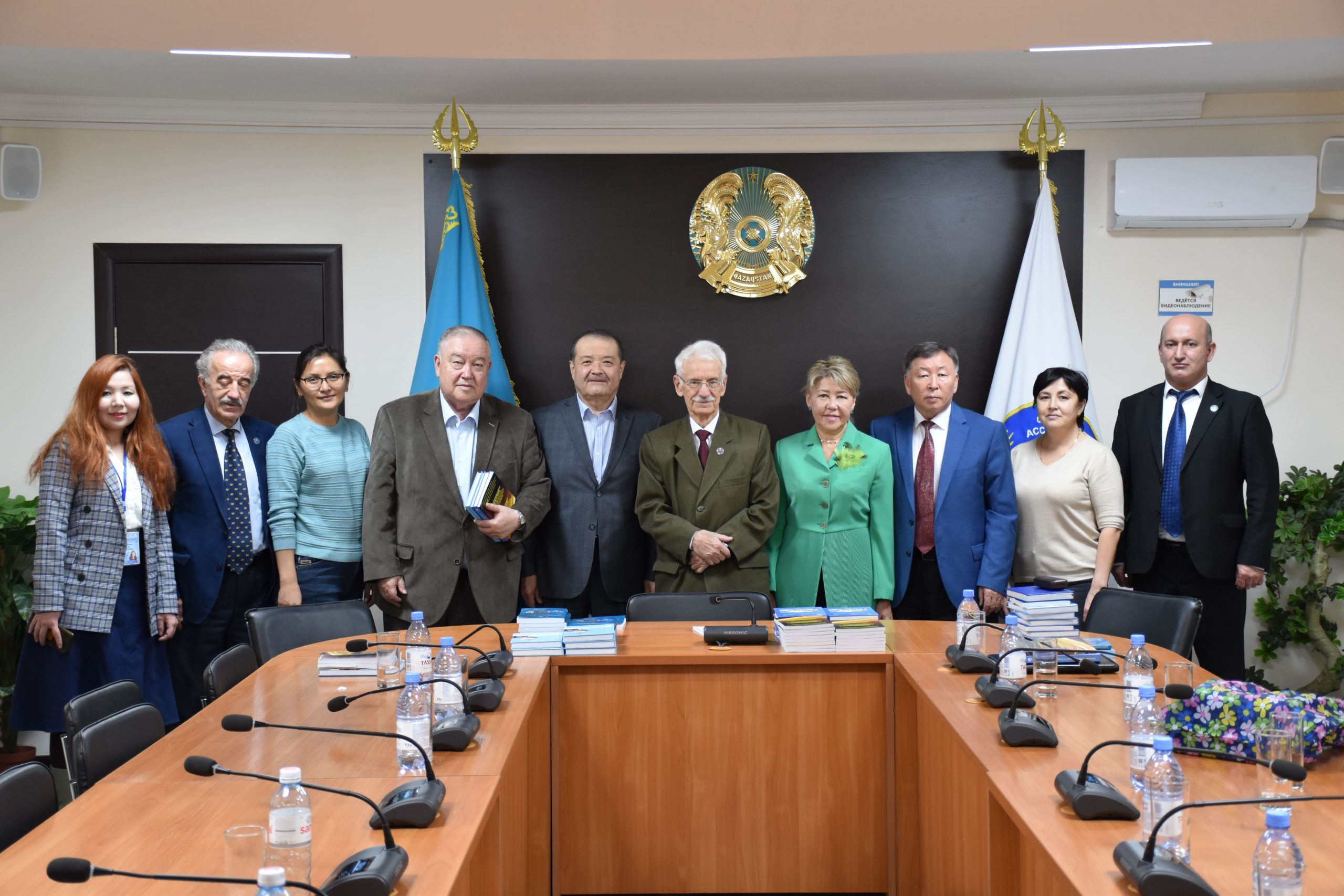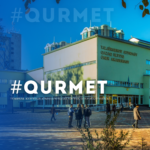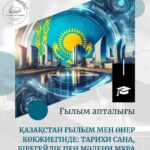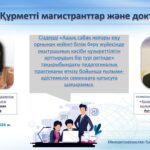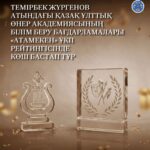December 8 in the city House of Friendship held an extended meeting of the Scientific-Expert Group of the Assembly of the People of Kazakhstan of Almaty. The meeting was devoted to the Presentation of collections of scientific works 2021-2023 years of the Institute of Philosophy, Political Science and Religious Studies of the Committee of Science of the Ministry of Education and Science of the Republic of Kazakhstan «Ethno-social processes in the Republic of Kazakhstan».
- Participants:
Chairman of the ANC Scientific-Expert Group Professor – Mukhtarbek Seid-Alievich Shaykemelev.
Members of the Scientific-Expert Group of the ANC Almaty:
- member of the Union of Writers of Kazakhstan – S.V. Ananyeva;
- chairman of the Ossetian cultural and educational center “Irnykhas” – K.V. Mamsurov;
- chairman of the committee of science and education at the Association of Kurds “BARBANG” – J.D. Osmanov;
- professor of the Kazakh National Academy of Arts named after Temirbek Zhurgenov – M.D. Shaimerdenova;
- Vice-president of ROO “Association of Koreans of Kazakhstan”, Professor of the University of NARHOZ Professor – G.V. Kahn;
- Chairman of the Association of Legal Entities “Association of Greek Societies of Kazakhstan “Philia” – Iordanidi G.K.;
- Head of the ANC Department of the Eurasian Law Academy named after D.A. Kunaev, Associate Professor – B.Z. Battalkhanov;
- Deputy Director of KSU “Kogamdyk Kelisim” UOR Almaty – Nalibaev J.B.
During the meeting there was a discussion on the need for these studies. Scientific works consist of 4 books, which include 59 articles by scientists of Kazakhstan analyzing ethno-social and ethno-political processes in the context of both historical and contemporary Kazakh and world social and political discourse on the problems of ethno-politics, interethnic relations and nation-building.
The authors of scientific articles have conducted sociological studies of interethnic interactions and revealed the state of ethno-social processes in Kazakhstan, the problems of integration of ethnic groups into society, adaptation of Kandas and what is very important for teachers of higher education, these are considered problems and states of ethno-cultural upbringing and education, civil and ethnic identity.
Knowledge of ethno-politics and ethno-social processes will allow students to actively participate in the creation of an inclusive and just society.


